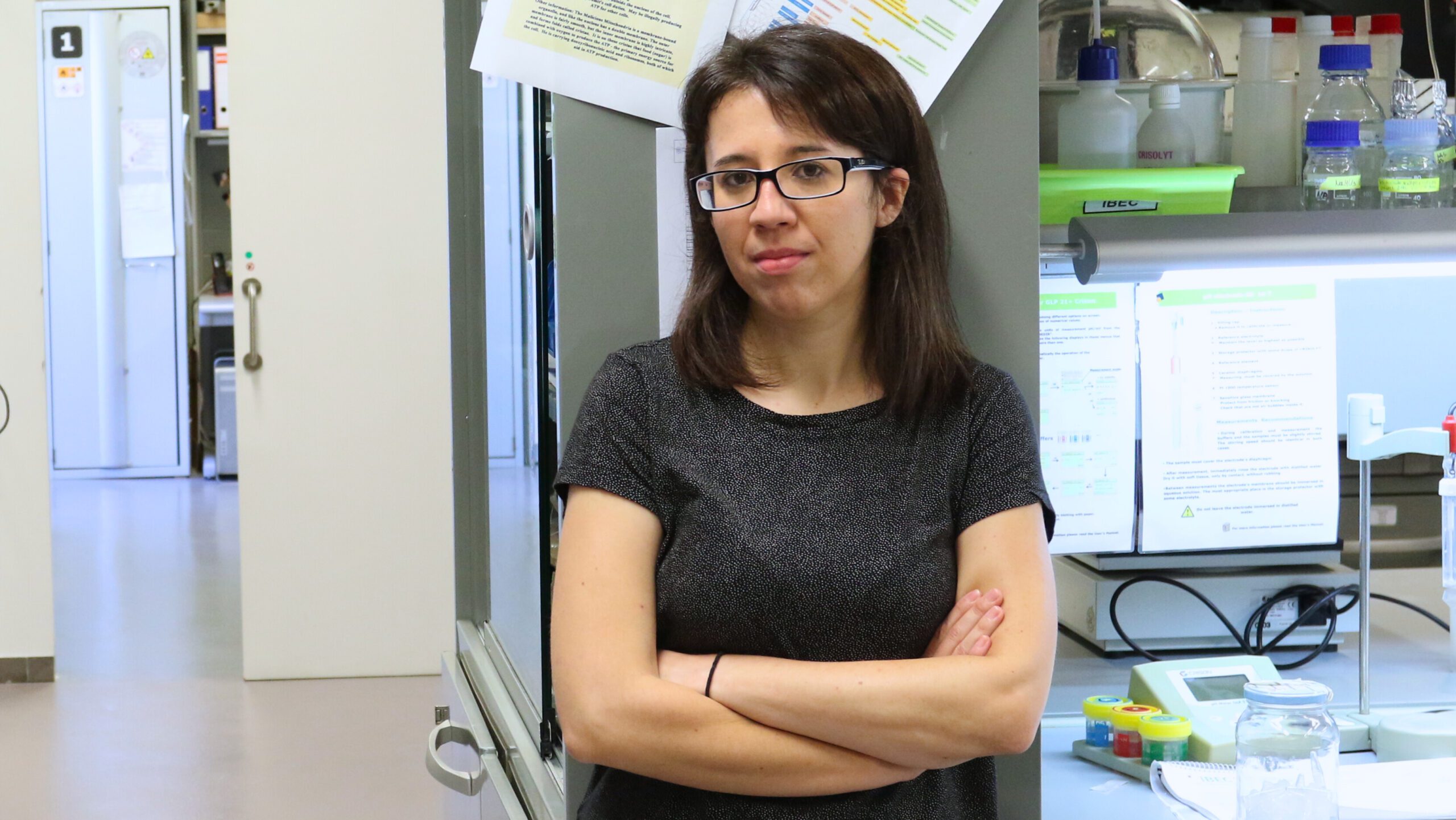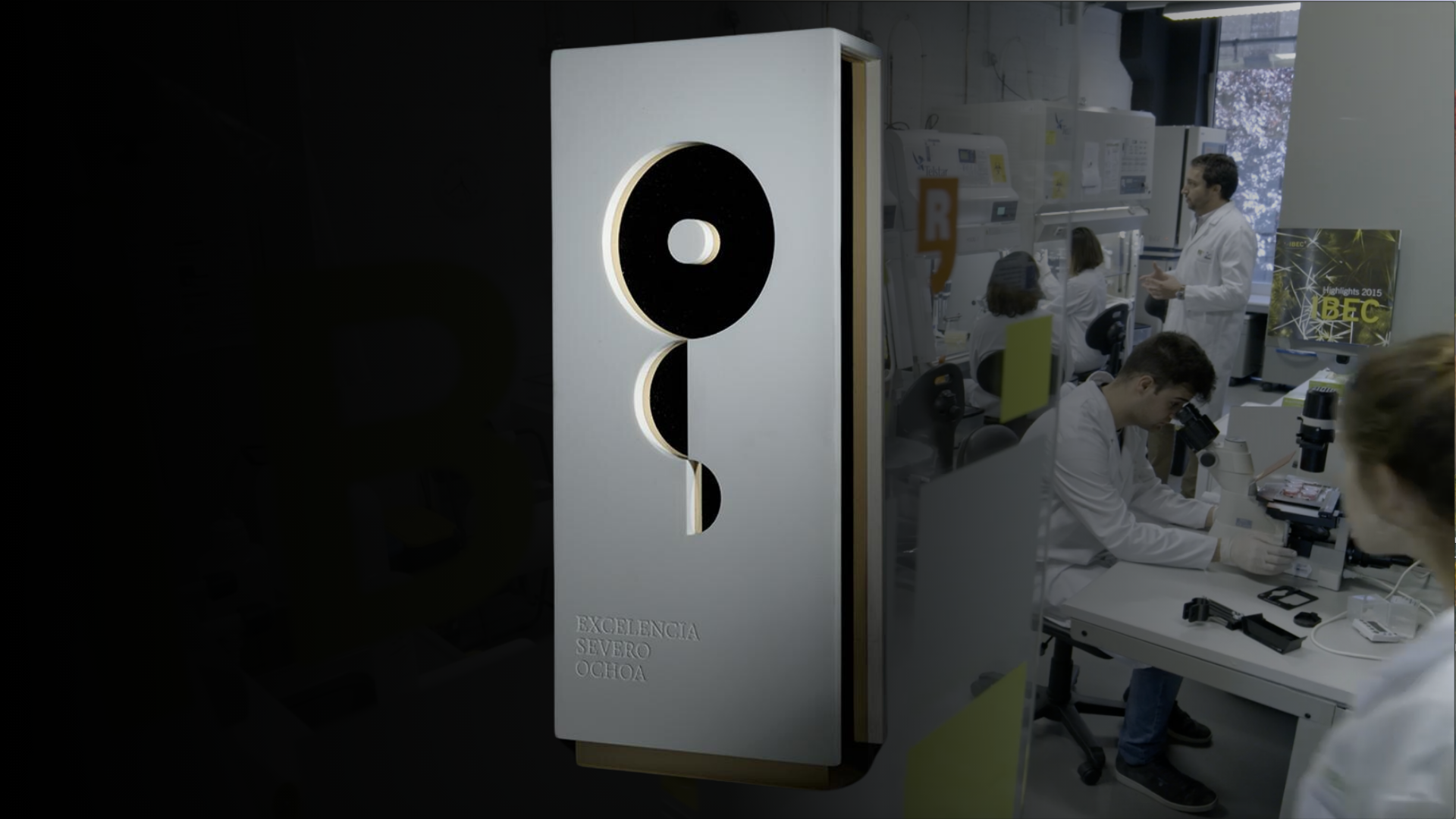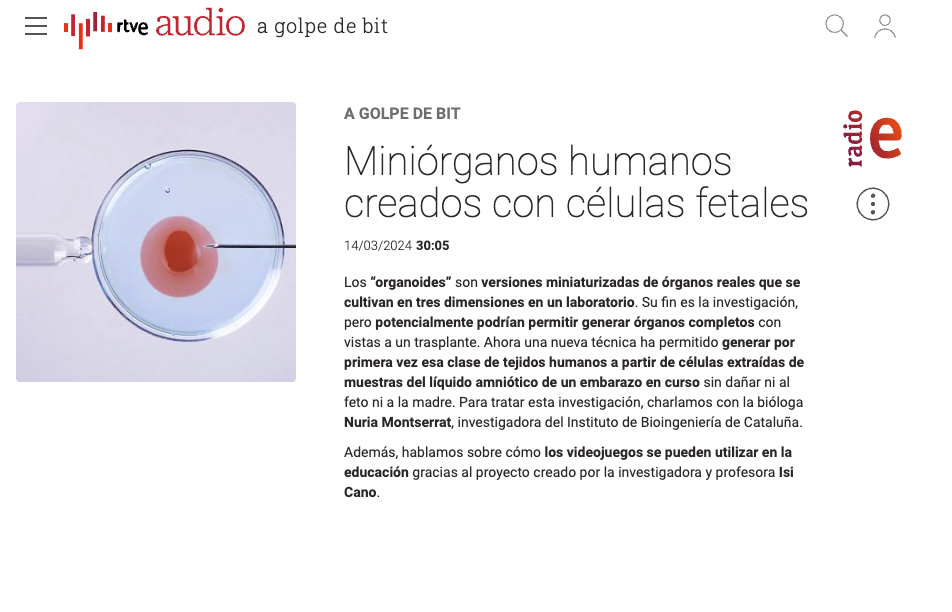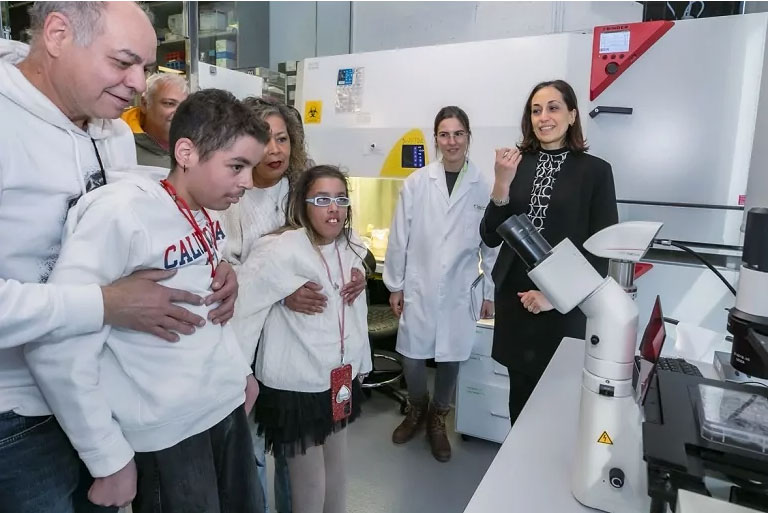Search Results for:
Postdoctoral position at the Research Group Biomaterials for regenerative therapies
Ref: PD-EE //Deadline: 18/04/2024
La ricerca Italiana a Barcellona
“La ricerca italiana a Barcellona – Nuovi metodi per comprendere le malattie neurodegenerative.” The Consulate General of Italy will present Dr. Benedetta Bolognesi with the “Cavaliere dell’ordine della Stella” medal … Read more
A study led by IBEC successfully mimics the complex neuroblastoma vasculature on a chip to explore treatments for this pediatric cancer
Two studies led by IBEC have successfully mimicked the transdifferentiation process of the neuroblastoma vasculature in in vitro models. These models, one in 2D and the other on a microfluidic chip, provide platforms for identifying new biomarkers and designing effective therapies against this type of cancer.
IBEC obtains its third Severo Ochoa Accreditation for Excellence
This accreditation, granted by the Ministry of Science, Innovation and Universities, recognizes the relevance and impact of IBEC’s research results internationally and entails funding of 4.5 million euros over 4 years.
IBEC Seminar: Emilio Parisini
Engineering enzymes for biomedical and biotechnological applications Emilio Parisini, Latvian Institute of Organic Synthesis (Riga, Latvia), University of Bologna (Italy) Enzyme engineering has the potential to improve the activity, the … Read more
IBEC thematic networks
Intramural collaboration program 2024 In order to foster intramural collaboration, IBEC is launching a call for thematic networks. The goal is to identify key areas in which there is potential … Read more






